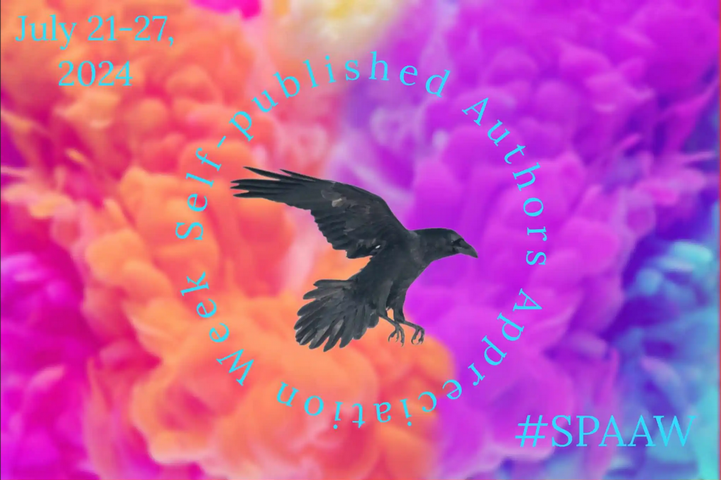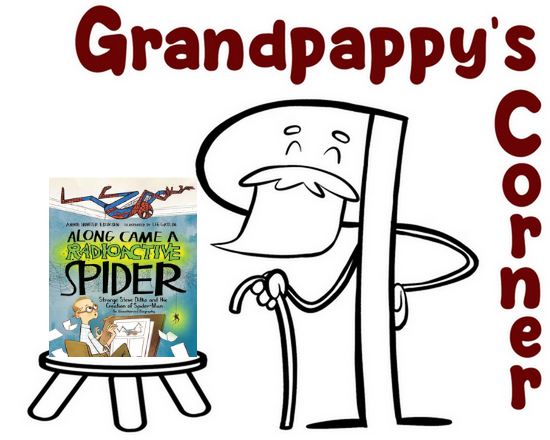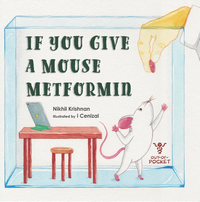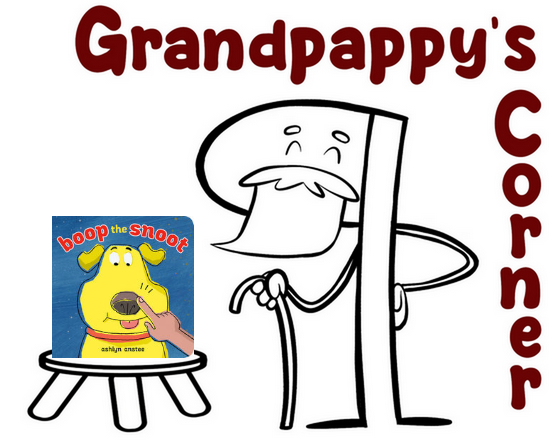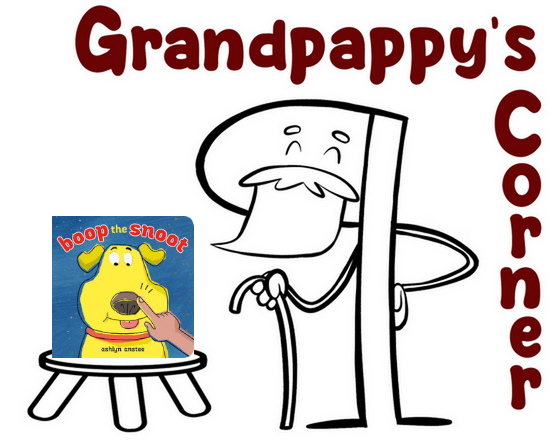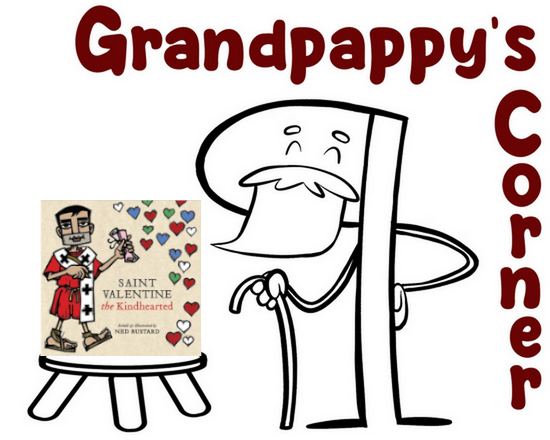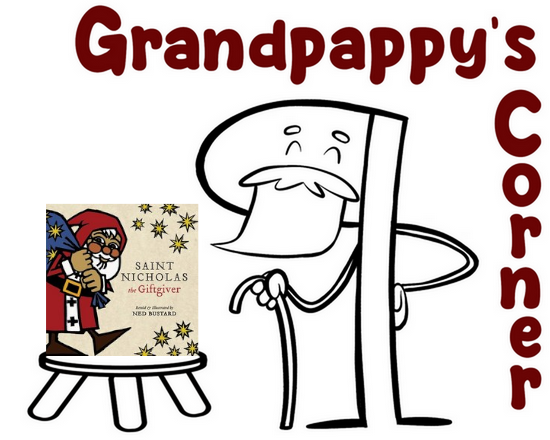Pretty much have to do this today, right?
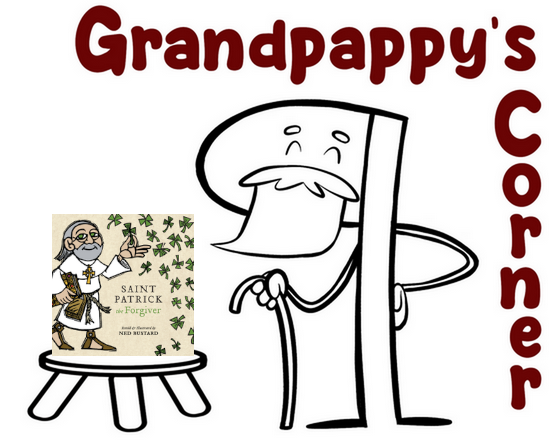
Saint Patrick the Forgiver:
The History and Legends of Ireland’s Bishop
Written and Illustrated by Ned Bustard
DETAILS: Publisher: IVP Kids Publication Date: February 21, 2023 Format: eARC Length: 32 pg. Read Date: February 17, 2023

What’s Saint Patrick the Forgiver About?
Drawing on both legends about him and Patrick’s Confessions, this book tells the life story of Patrick of Ireland for the youngest set.
It starts off with his childhood and touches briefly on his period of slavery before moving into his return home and the call to Ireland. It doesn’t gloss over the hard parts of his life, but it doesn’t dwell on them, either. The focus is on Patrick forgiving those who wronged him, spreading the gospel—and even teaching the Trinity via the shamrock.
The book even covers some of the myths that arose around Patrick—baptizing a giant, driving out the snakes, etc.—working that in seamlessly with the book and not distracting from the main point.
Let’s Talk about the Art for a Minute
This art is great—it’s friendly and cartoonish, with great colors and details. Bustard also weaves in traditional Celtic knots and Christian art (like elements seen in The Book of Kells, etc.). So we’ve got a pretty modern feel with a lot of Irish elements thrown in to ground it in Patrick’s history.
Are kids going to get that? Nope. Will the adults reading it with/to the kids? Quite likely. And if not, I think they’ll still appreciate it the art, even if they’re not familiar with the influences Bustard is drawing from.
Click here for a two page sample (picture and text) on the Publisher’s site. I’m not sure it’s the image I’d have used, but it’s representative.
How is it to Read Aloud?
It’s pretty fun—the rhythm is easy and the rhymes are nice (and only one or two of them seemed like stretching things to make the rhyme).
The Grandcritter isn’t around yet to listen to me read this, but I still read most of it aloud just to see how it went—I think it went pretty smoothly and I could have some fun with it.
So, what did I think about Saint Patrick the Forgiver?
This was a great way to give an age-appropriate lesson in forgiveness while telling the story of one of the heroes of the faith. I was entertained, and even chuckled a couple of times.
It’s a great combination of story, art, rhyme, and lesson. I can see this winning over little audiences as much as it did me. Hopefully, it’ll lodge in their minds enough that they’ll want to learn more about Patrick as they grow older and through him the Three-in-One that Patrick spent his life teaching about.
I strongly recommend this quick little read.
Disclaimer: I received this eARC from InterVarsity Press via NetGalley in exchange for this post—thanks to both for this.

This post contains an affiliate link. If you purchase from it, I will get a small commission at no additional cost to you. As always, the opinions expressed are my own.
![]()






